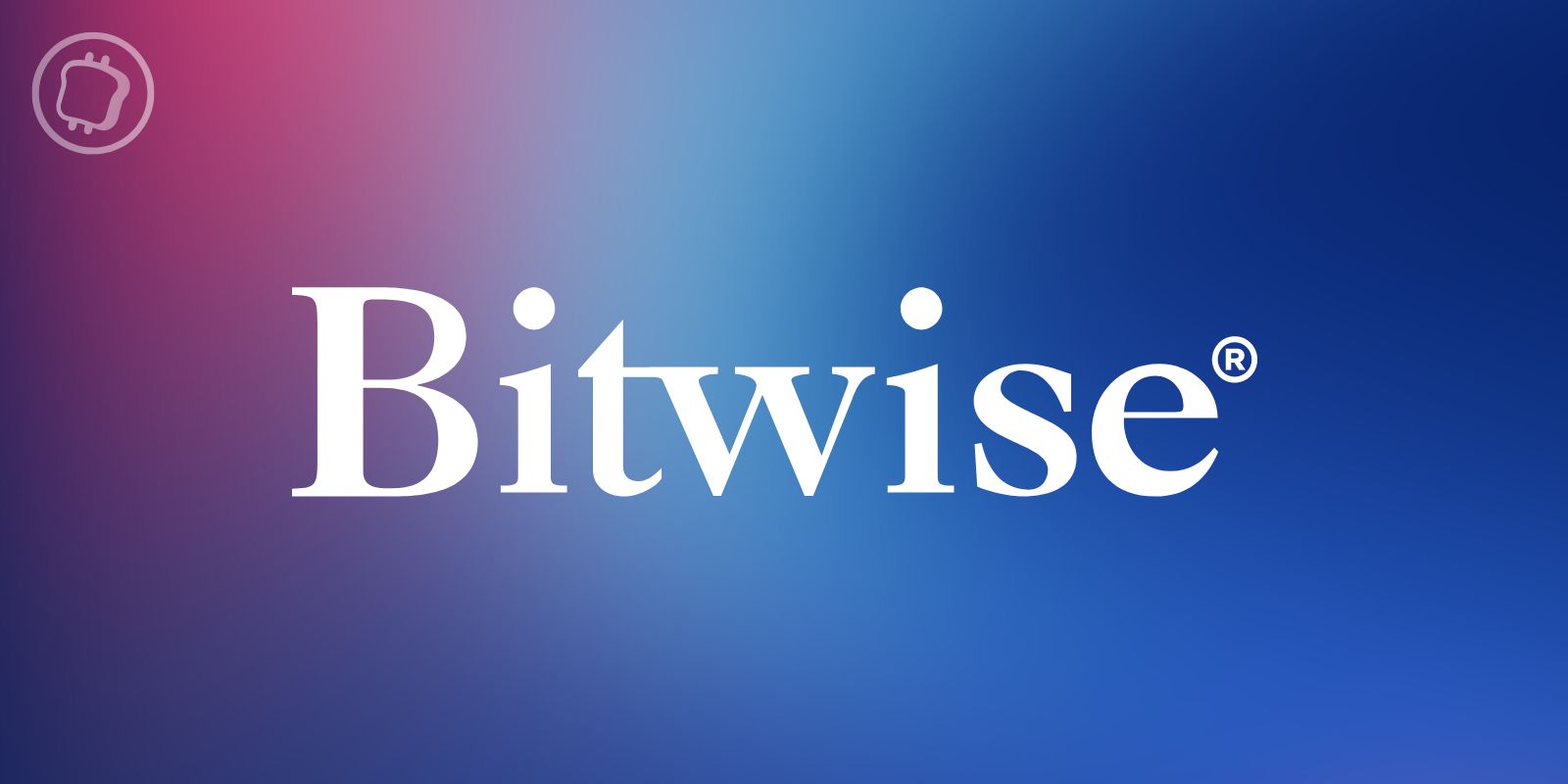
In today’s fast-paced business world, having an efficient and effective supply chain is crucial for the success of any B2B operation.
With advancements in technology, there are several modern tools that can significantly benefit your B2B supply chain.
These tools offer various functionalities and capabilities that can streamline processes, enhance collaboration, and improve overall supply chain performance.
Modern Tools that can Transform your B2B Supply Chain and help you gain a Competitive edge in the Market
1. Supply Chain Management Software:
Supply chain management (SCM) software is a powerful tool that can revolutionize your B2B supply chain operations.
This software provides end-to-end visibility and control over the entire supply chain, helping you manage and optimize various processes such as end-to-end procurement, inventory management, production planning, and order fulfilment.
With SCM software, you can:
– Automate manual tasks, reducing human errors and improving efficiency.
– Gain real-time insights and analytics to make data-driven decisions.
– Monitor inventory levels to optimize stock and avoid stockouts.
– Improve collaboration and communication with suppliers and partners.
2. Cloud Computing:
Cloud computing has transformed the way businesses operate, and it can greatly benefit your B2B supply chain as well.
By leveraging cloud-based solutions, you can:
– Access supply chain data and software anytime, anywhere, using any device.
– Collaborate with suppliers, partners, and customers in real-time, improving communication and reducing lead times.
– Scale your supply chain resources up or down quickly and easily, based on demand.
– Enhance data security and disaster recovery capabilities.
3. Internet of Things (IoT):
The Internet of Things (IoT) is a network of interconnected devices that can collect and exchange data.
In the context of the B2B supply chain, IoT can offer numerous benefits, including:
– Real-time tracking and monitoring of goods and assets throughout the supply chain, increasing visibility and reducing the risk of loss or theft.
– Remote monitoring of equipment and machinery, allowing for predictive maintenance and reducing downtime.
– Improved inventory management through RFID tags and sensors that track goods and provide real-time stock levels.
– Enhanced supply chain traceability and compliance through IoT-enabled data capture at various stages of the supply chain.
4. Advanced Analytics and Artificial Intelligence (AI):
Advanced analytics and AI technologies can provide valuable insights and predictive capabilities for your B2B supply chain.
By utilizing these modern tools, you can:
– Analyze large volumes of supply chain data to identify trends, patterns, and opportunities for improvement.
– Predict demand accurately and optimize inventory levels to reduce carrying costs while ensuring product availability.
– Forecast future supply chain risks and disruptions, allowing for proactive mitigation strategies.
– Automate routine tasks and decision-making processes, freeing up valuable time for more strategic activities.
– Personalize customer experiences by leveraging data-driven insights.
5. Robotic Process Automation (RPA):
Robotic Process Automation (RPA) involves using software robots or bots to automate repetitive tasks and processes.
In the B2B supply chain, RPA can:
– Automate order processing and invoicing, reducing errors and speeding up the fulfillment process.
– Streamline inventory management by automating stock updates and reorder processes.
– Improve accuracy and efficiency in data entry and documentation.
– Increase collaboration by providing real-time updates and notifications to stakeholders.
Conclusion:
In today’s competitive business landscape, optimizing your B2B supply chain is essential for achieving success.
Modern tools such as supply chain management software, cloud computing, IoT, advanced analytics and AI, and robotic process automation offer significant benefits for streamlining processes, enhancing collaboration, and improving overall supply chain performance.
By leveraging these tools, businesses can achieve greater efficiency, reduce costs, and deliver superior customer experiences.
It is essential for businesses to evaluate their supply chain needs and explore how these modern tools can be integrated to gain a competitive edge in the market.















;Resize=(1200,627)&impolicy=perceptual&quality=mediumHigh&hash=d6674053c0233ee870d766e683f39c5b0a1d7d5a9dbd5bc0f80a88f4d9348a06)
